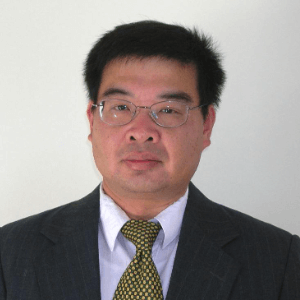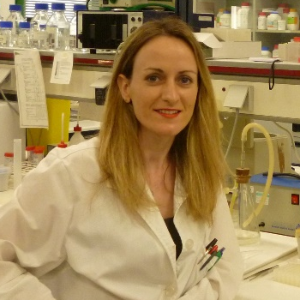Geriatric oncology seeks to tailor cancer treatment for older adults, recognizing that aging introduces specific challenges that affect cancer progression and treatment response. Older individuals often experience frailty, diminished organ function, cognitive decline, and multiple chronic health conditions, all of which influence how their bodies react to cancer treatments. By assessing factors such as functional status, comorbidities, and overall life expectancy, oncologists can develop a more personalized treatment plan that aims to balance the effectiveness of cancer therapies with the preservation of the patient's quality of life. This patient-centered approach ensures that treatments are both safe and effective, minimizing risks while maximizing therapeutic benefits for older cancer patients.






